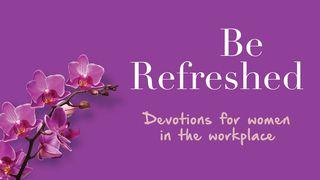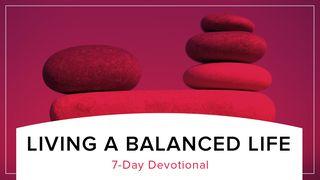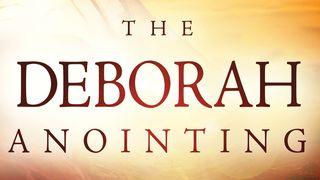Created And Called: Women In The WorkplaceSample

God Created Women to Work
The first thing God does after creating Adam is give him a job: tend my garden. But soon God realizes that working alone is not good for Adam. So God creates a woman, another person to share the workload.
The phrase in Hebrew that is used to describe the first woman is ezer k’negdo. Ezer is used in the Old Testament to describe one who helps, not as an apprentice or assistant, but as a strong ally. The word is used to refer to nations that Israel appealed to for military aid; it is also used to describe God himself as our “helper.” The word k’negdo means “comparable to him” or “suitable to him.” Put together, the phrase indicates that Eve was created as a partner, with the purpose of joining Adam in the work God had asked him to do.
As we examine the unique challenges of being a Christian woman in the workplace, it is important to understand that the working woman is not a modern invention. For example, a woman who aspires to become a partner in a law firm is not a modern aberration; rather, she is responding to the way God created her. The first woman was created with a job, just as Adam was.
Prayer
Lord, help me to work as you designed me to work. Help me steward the gifts you’ve given me. And help me partner with others to complete the good work you call us to. Amen.
Further Exploration
To learn more about God’s intention for relationships as shown in creation, read God Creates and Equips People to Work from the Theology of Work Bible Commentary.
Scripture
About this Plan

This 6-day study starts in Genesis with God's original call to work, then explores biblical examples of working women. Drawing insight from Scripture, this plan is designed to encourage and inspire women who work.
More
Image by Maridav / Shutterstock.com. We would like to thank the Theology of Work Project for providing this plan. For more information, please visit: www.theologyofwork.org/devotions









